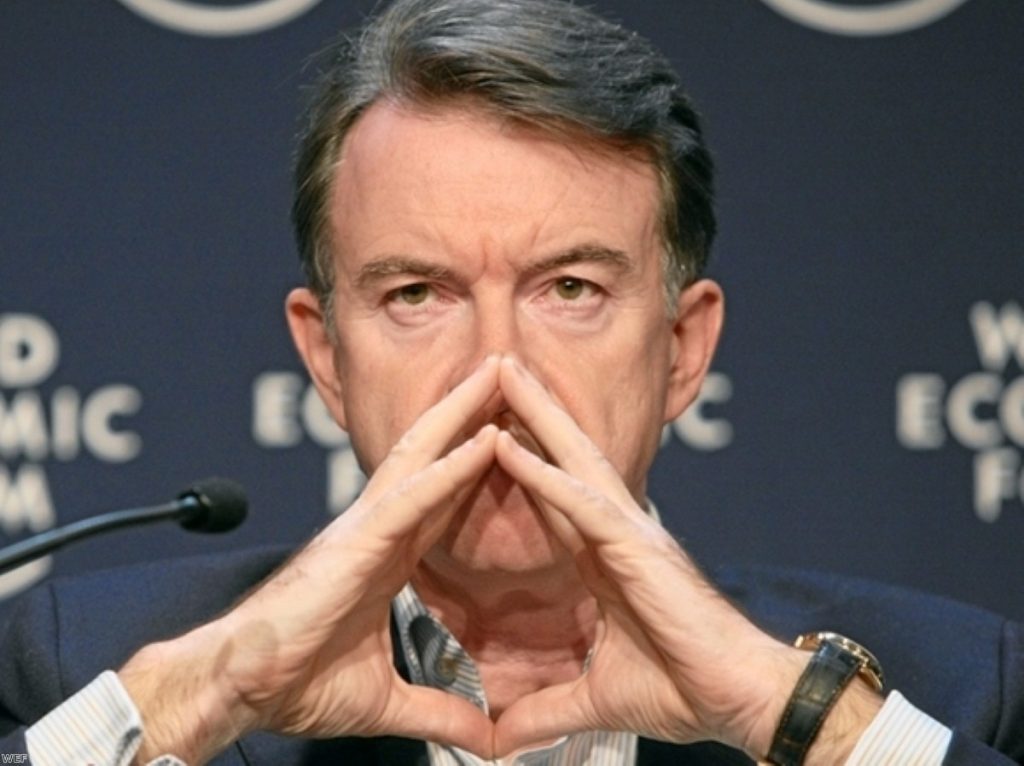Mandelson turns on Blue Labour
By politics.co.uk staff
Interest in the 'Blue Labour' movement is a result of Ed Miliband's failure to come up with anything better, Peter Mandelson has claimed.
The former first secretary of state appeared to criticise the party's current leader for showing enthusiasm in the Blue Labour ideas put forward by Maurice Glasman.
Lord Glasman has claimed the Labour party can reconnect with its postwar base by focusing on an agenda dominated by nationalism and community organisation.


"The problem with killing off New Labour and putting nothing in its place is that it leads us to clutch at straws and grab at any passing sentiment. This is what has happened with Blue Labour," Lord Mandelson told the Guardian newspaper.
He said the largely white, male industrial working-class voters who had previously made up Labour's core vote should no longer be the party's main focus.
"These people have moved on, to other jobs, to other aspirations and, in the main, to an entirely different identity," he continued.
"Blue Labour's platform of 'faith, family and the flag' lacks economic content – by far the biggest challenge facing the country – and its romantic ideas about working class people turning back the clock is misplaced."
Lord Mandelson was a key player in creating the 'New Labour' movement which harnessed the voting power of Middle England to sweep Tony Blair to power in 1997.
"Labour's people live in the real world and, above all, want secure, well-paid employment and a safe future for their children which is why more activist growth and industrial policies are needed," he added.
"And however important it is to address the economic concerns of young people attracted to the English Defence League, the idea that we should reconnect by entering a dialogue with this organisation beggars belief."
Lord Glasman found himself facing criticism from the left after he hinted at supporting a ban on immigration.
He apologised after telling the Fabian Review: "We should be more generous and friendly in receiving those [few] who are needed.
"To be more generous, we have to draw the line. We've got to reinterrogate our relationship with the EU on the movement of labour."









